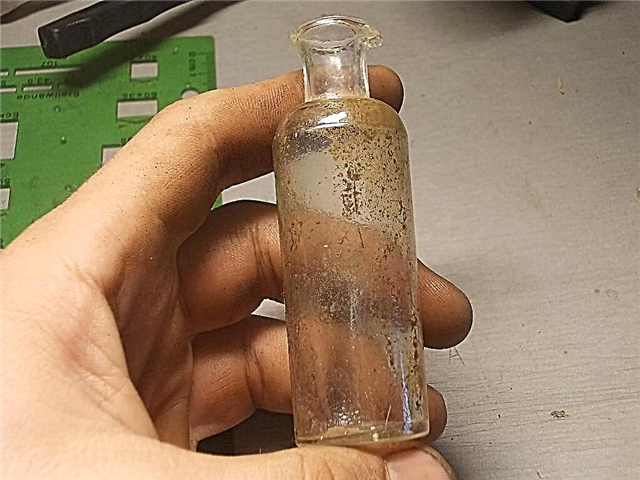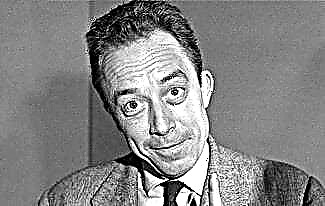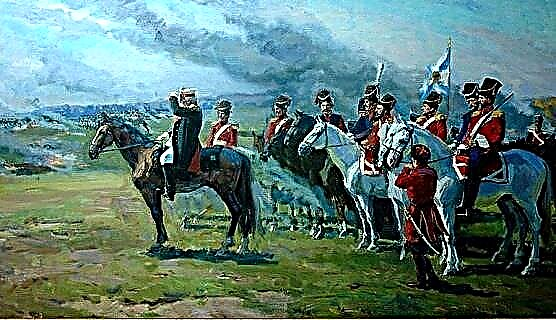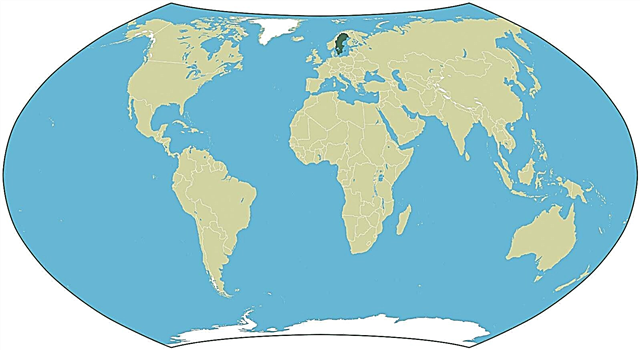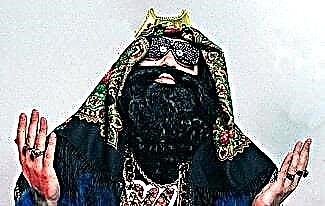Lev Ivanovich Yashin - Soviet football goalkeeper who played for Dynamo Moscow and the USSR national team. and European champion in 1960, five-time USSR champion and Honored Master of Sports of the USSR. Colonel and member of the Communist Party.
According to FIFA, Yashin is considered the best goalkeeper of the 20th century. He is the only football goalkeeper in history to win the Ballon d'Or.
In this article, we will consider the main events in the biography of Lev Yashin and the most interesting facts from his personal and sports life.
So, before you is a short biography of Yashin.

Biography of Lev Yashin
Lev Yashin was born on October 22, 1929 in Moscow in the Bogorodskoye region. He grew up in an ordinary working-class family with a very modest income.
Yashin's father, Ivan Petrovich, worked as a grinder at an aircraft plant. Mother, Anna Mitrofanovna, worked at the Krasny Bogatyr factory.
Childhood and youth
From early childhood, Lev Yashin liked football. Together with the courtyard guys, he ran with the ball all day long, gaining his first goalkeeper experience. Everything was fine until the moment when the Great Patriotic War (1941-1945) began.

When Nazi Germany attacked the USSR, Leo was 11 years old. Soon the Yashin family was evacuated to Ulyanovsk, where the future football star had to work as a loader to help his parents financially. Later, the young man began to work as a mechanic at a factory, participating in the production of military devices.
After the end of the war, the whole family returned home. In Moscow, Lev Yashin continued to play football for the amateur team "Red October".
Over time, professional coaches drew attention to the talented goalkeeper when he served in the army. As a result, Yashin became the main goalkeeper of the Dynamo Moscow youth team. It was one of the first ups in the sports biography of the legendary football player.
Football and records
Every year Lev Yashin progressed noticeably, demonstrating more and more bright and confident play. For this reason, he was entrusted with protecting the gates of the main team.
Since that time, the goalkeeper has played for Dynamo for 22 years, which in itself is a fantastic achievement.

Yashin loved his team so much that even when he entered the field as part of the Soviet national team, he wore a uniform with the letter "D" on his chest. Before becoming a football player, he played hockey, where he also stood at the gate. An interesting fact is that in 1953 he became the champion of the Soviet Union in this particular sport.
Nevertheless, Lev Yashin decided to focus exclusively on football. Many people came to the stadium just to see the Soviet goalkeeper play with their own eyes. Thanks to his fantastic game, he enjoyed great prestige not only among his own, but also among other people's fans.

Yashin is considered one of the first goalkeepers in the history of football, who began to practice playing at the outputs, as well as moving around the entire penalty area. In addition, he became the pioneer of an unusual style of play for that time, hitting balls over the crossbar.
Before that, all goalkeepers tried to always fix the ball in their hands, as a result of which they often lost it. As a result, opponents took advantage of this and scored goals. Yashin, after strong blows, simply transferred the ball out of the goal, after which the opponents could be content with only corner kicks.
Lev Yashin was also remembered for the fact that he began to practice kicking in the penalty area. It is curious that the coaching staff often listened to criticism from representatives of the Ministry of Sports, who insisted that Lev play "the old fashioned way", and not turn the game into a "circus".
Nevertheless, today almost all goalkeepers in the world repeat many of Yashin's “discoveries”, which were criticized in his era. Modern goalkeepers often move balls to corners, move around the penalty area, and play actively with their feet.
All over the world, Lev Yashin was called the "Black Panther" or "Black Spider", for his plasticity and quick movement in the gate frame. Such nicknames appeared as a result of the fact that the Soviet goalkeeper invariably entered the field in a black sweater. With Yashin, "Dynamo" 5 times became the champion of the USSR, three times won the cup and repeatedly won silver and bronze.
In 1960, Lev Ivanovich, together with the national team, won the European Championship, and also won the Olympic Games. For his services in football, he received the Golden Ball.

No less famous Pele, with whom Yashin was friends, spoke highly of the game of the Soviet goalkeeper.
In 1971, Lev Yashin completed his professional football career. The next stage in his biography was coaching. He mainly coached children and youth teams.
Personal life
Lev Ivanovich was married to Valentina Timofeevna, with whom he lived a long married life. In this union, they had 2 girls - Irina and Elena.

One of the legendary goalkeeper's grandchildren, Vasily Frolov, followed in the footsteps of his grandfather. He also defended the gates of Dynamo Moscow, and after retiring as a football player, he taught physical education and coached children's teams.
Lev Yashin was an avid fisherman. Going fishing, he could fish from morning till night, enjoying nature and silence.
Disease and death
Leaving football negatively affected the health of Lev Yashin. His body, accustomed to heavy loads, began to fail when the training ended abruptly. He survived heart attacks, strokes, cancer and even leg amputation.
Excessive smoking also contributed to the deterioration of Yashin's health. A bad habit has repeatedly led to the opening of a stomach ulcer. As a result, the man regularly drank soda solution to relieve abdominal pain.
Lev Ivanovich Yashin died on March 20, 1990 at the age of 60. 2 days before his death, he was awarded the title of Hero of Socialist Labor. The death of the Soviet goalkeeper was provoked by complications from smoking and a newly aggravated gangrene of the leg.

The International Football Federation has established the Yashin Prize, which is awarded to the best goalkeeper of the final stage of the FIFA World Cup. In addition, many streets, avenues and sports facilities are named after the goalkeeper.

